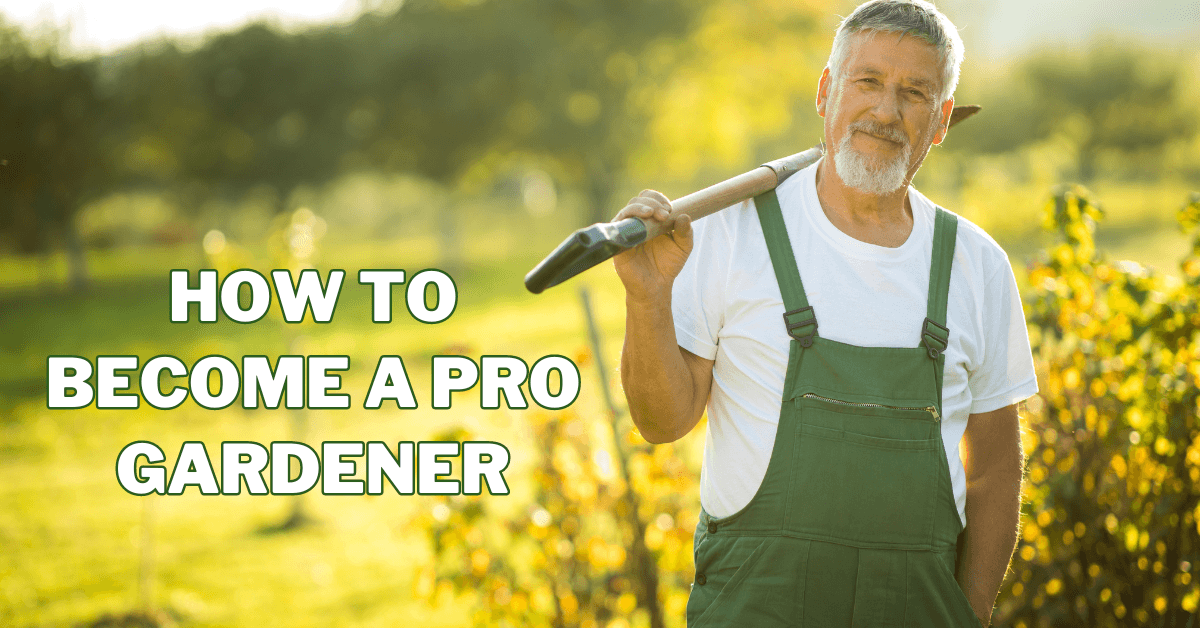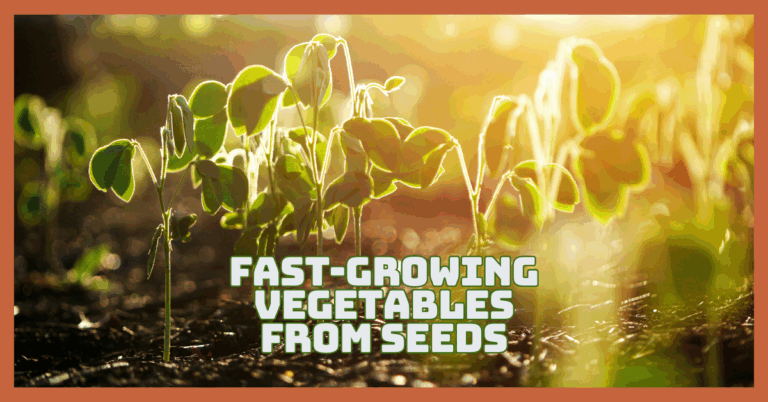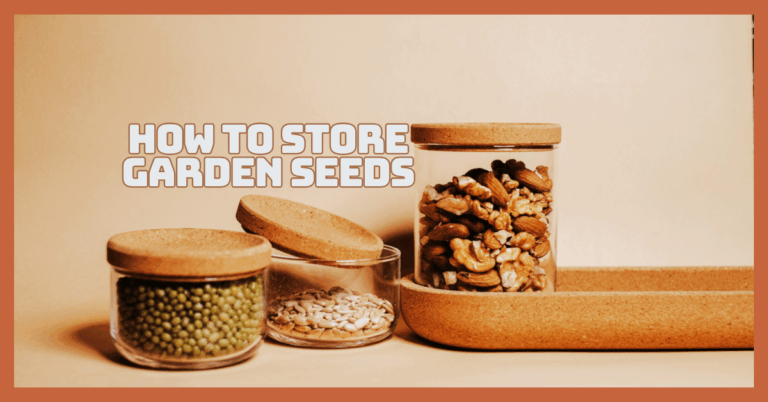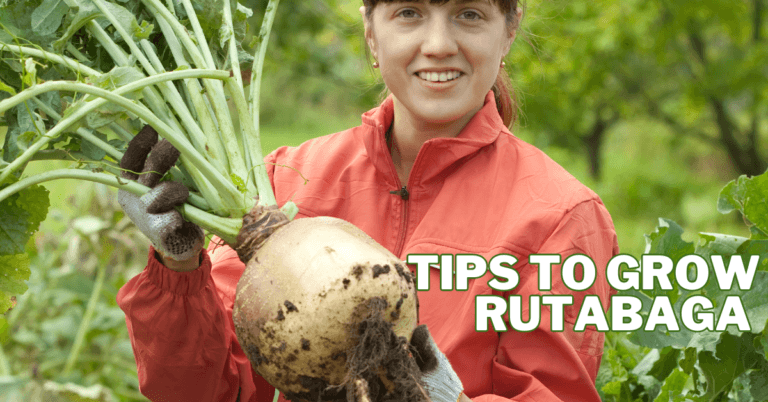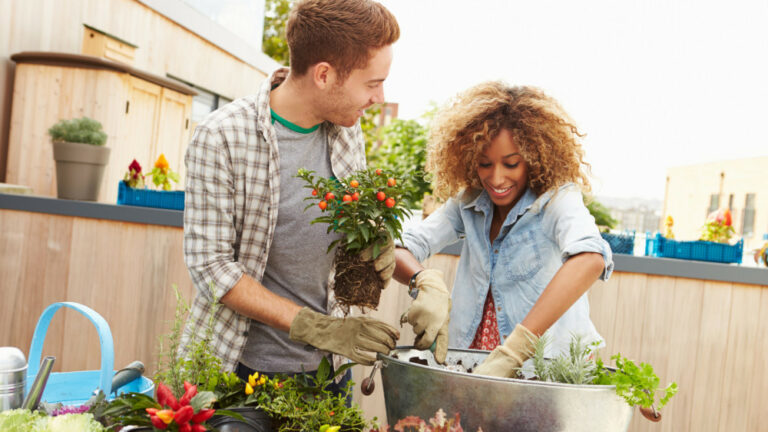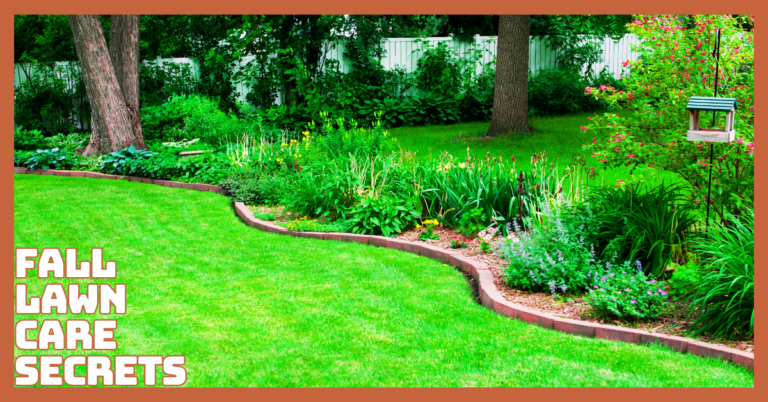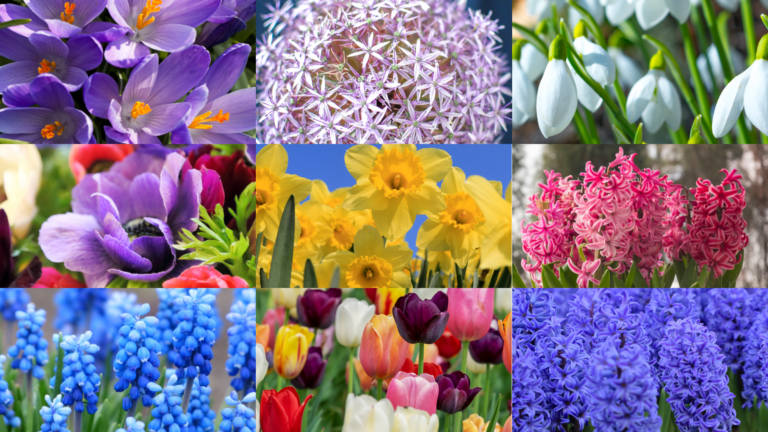How To Become A Pro Gardener
How To Become A Pro Gardener
Gardening is not just a hobby. It's an art, a science, and a rewarding journey of nurturing life.
Being a skilled gardener involves commitment, perseverance, and a voracious appetite for information, regardless of the size of the garden—whether it is a backyard plot or a tiny balcony garden.
In this post, we will discuss the necessary techniques and actions to assist you in becoming a green thumb expert.
Embarking on how to become a pro gardener involves understanding the art, science, and dedication required to nurture life through gardening.
Whether you're a novice gardener looking to cultivate your first seedlings or an experienced enthusiast aiming to elevate your skills to the next level, this guide will provide invaluable insights and resources to help you thrive in gardening.
Join us as we explore the roots of horticulture and unlock the secrets to becoming a Pro Gardener.
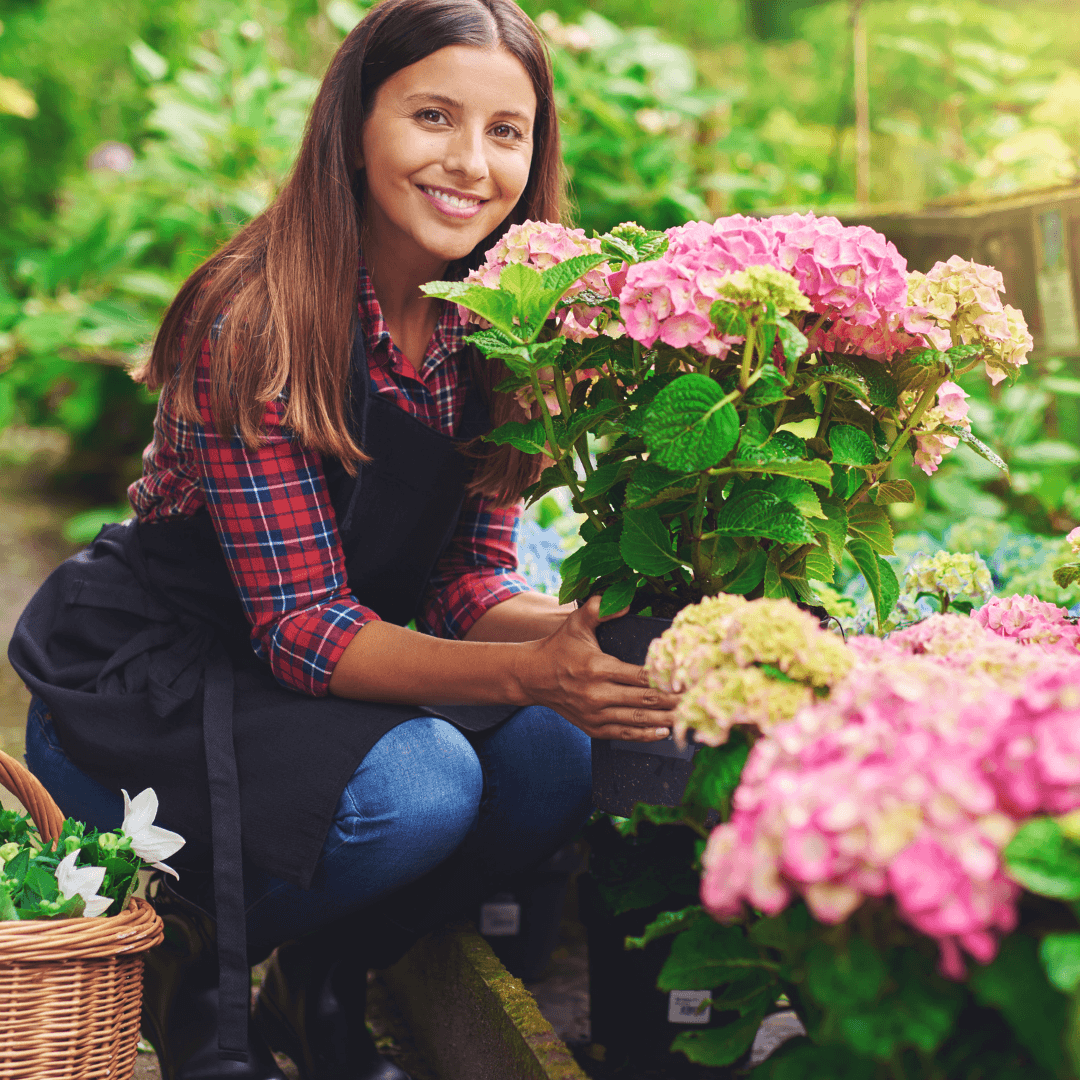
What Is A Pro Gardener?
A professional gardener, often called a “pro gardener,” deeply understands horticulture and the skills necessary to cultivate and maintain thriving gardens.
Pro gardeners go beyond casual hobbyists, dedicating themselves to the art and science of gardening as a vocation.
They possess extensive knowledge of plant varieties, soil health, and climate considerations, allowing them to make informed decisions about plant selection and placement.
A pro gardener is adept at soil analysis, identifying plants' specific needs and implementing strategies to enhance soil fertility and structure.
These experts understand the intricacies of plant care, from proper watering techniques to pruning and pest management.
They are skilled in landscape design, creating aesthetically pleasing and functional outdoor spaces harmonizing with the natural environment.
Pro gardeners often stay abreast of the latest advancements in gardening technology and sustainable practices, incorporating eco-friendly methods into their work.
Beyond technical expertise, a pro gardener is passionate about nurturing and cultivating life, viewing gardening as a holistic practice that connects individuals with nature.
They are patient, observant, and adaptable, capable of addressing challenges throughout the seasons.
Whether employed in private landscaping, public gardens, or as consultants, pro gardeners contribute their expertise to create and maintain beautiful, healthy, and sustainable green spaces.
Overall, a pro gardener is not just someone who tends to plants but is a steward of the natural world, committed to fostering biodiversity, environmental health, and the joy that well-tended gardens bring to communities and individuals alike.
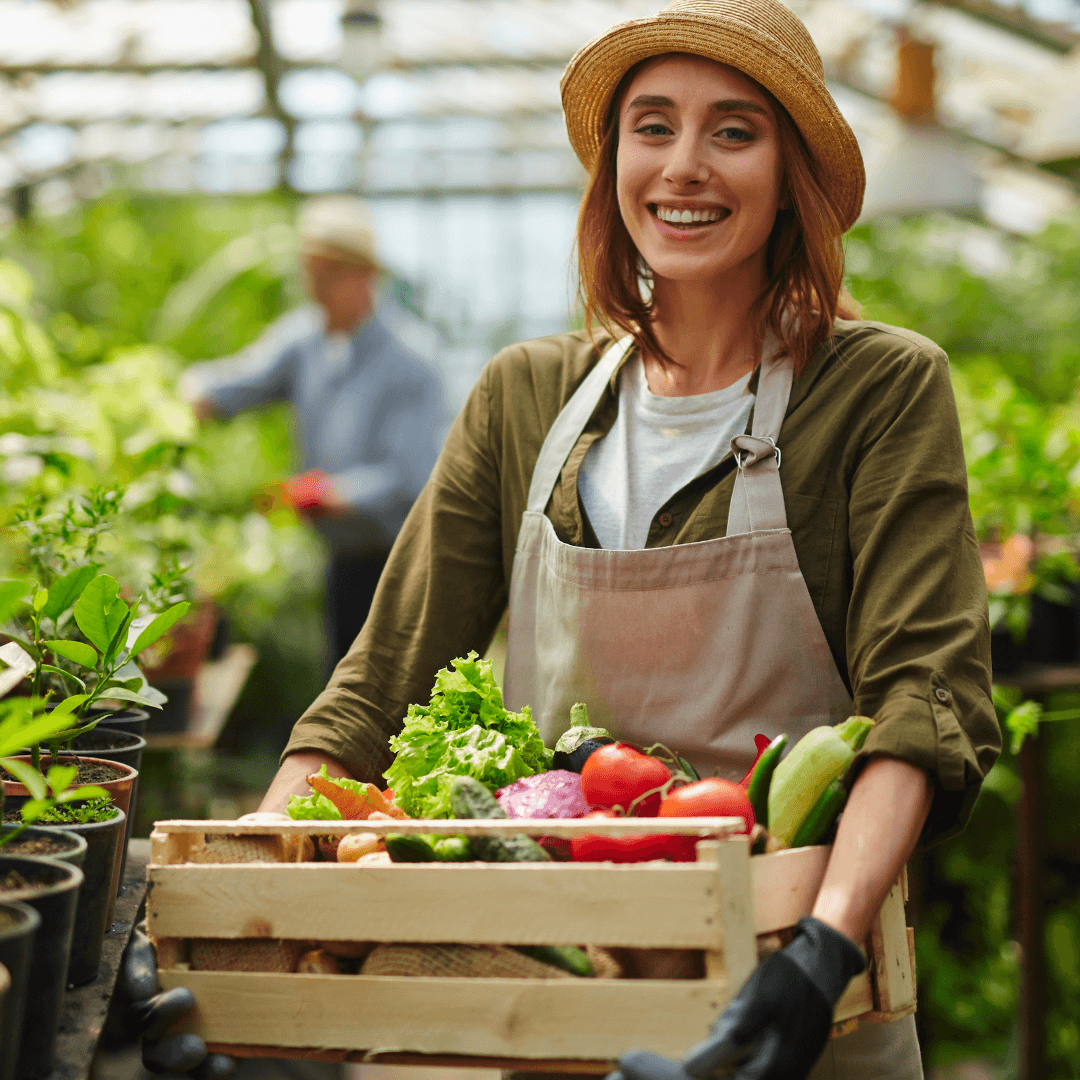
Exploring How To Become A Pro Gardener
Becoming a professional gardener involves learning, expansion, and limitless opportunities.
Professional gardening offers many opportunities, regardless of your interest in gardening and desire to pursue it as a career or develop green thumb skills from the ground up.
Now grab a shovel, plow through the information, and go on this thrilling exploration and metamorphosis journey together:

1. Educate Yourself
A robust horticultural knowledge foundation is essential to becoming a pro gardener.
Consider enrolling in horticultural courses or workshops that delve into plant biology, soil science, and advanced gardening techniques.
These educational opportunities provide theoretical insights and hands-on experiences, allowing you to apply your learning in practical settings.
Additionally, immerse yourself in various reading materials, from books to online resources and gardening publications.
Widening your knowledge base will expose you to various perspectives, innovative practices, and the latest trends in gardening.
Stay informed about advancements in plant care, landscaping, and sustainable gardening practices to cultivate a well-rounded understanding of the field.
Continuous education is a key aspect of professional development in gardening. It ensures that you remain updated on industry standards and emerging trends while honing your skills for a successful career in horticulture.
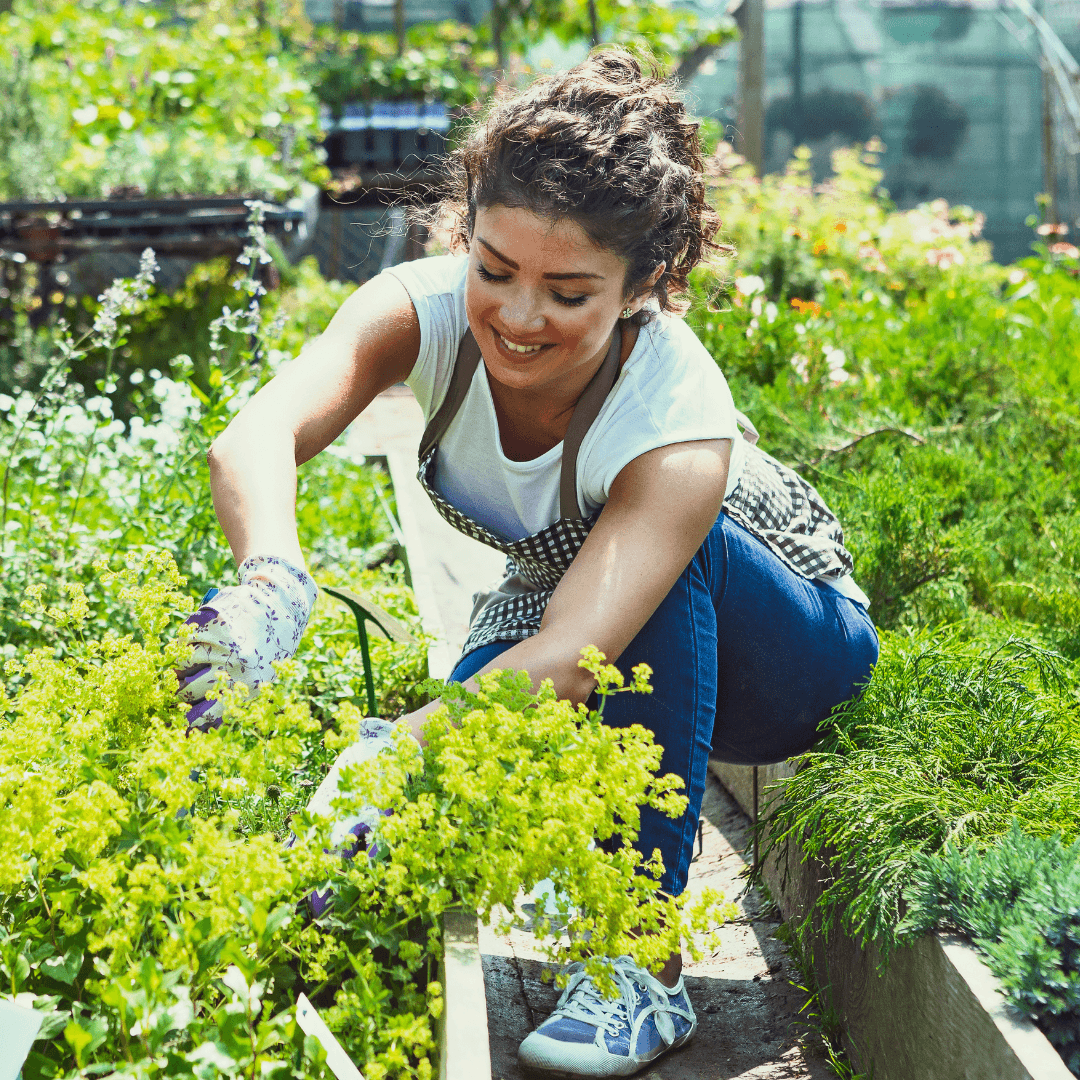
2. Practical Experience
Building practical experience is fundamental to becoming a professional gardener. Start by cultivating hands-on gardening skills in your garden or by volunteering at local community gardens.
This practical approach lets you learn about different plant species, comprehend soil dynamics, and hone important gardening skills.
Complementing this, consider seeking apprenticeships or internships with experienced gardeners or landscaping firms.
These opportunities expose you to various projects and real-world challenges, giving you invaluable insights into the daily operations of professional gardening.
Working alongside seasoned professionals allows you to absorb their expertise, gain practical knowledge, and refine your gardening techniques.
Apprenticeships offer a structured learning environment, fostering a mentor-mentee relationship that can significantly accelerate your growth as a skilled and knowledgeable gardener.
This combination of hands-on practice and mentorship is crucial to becoming a proficient and successful professional gardener.
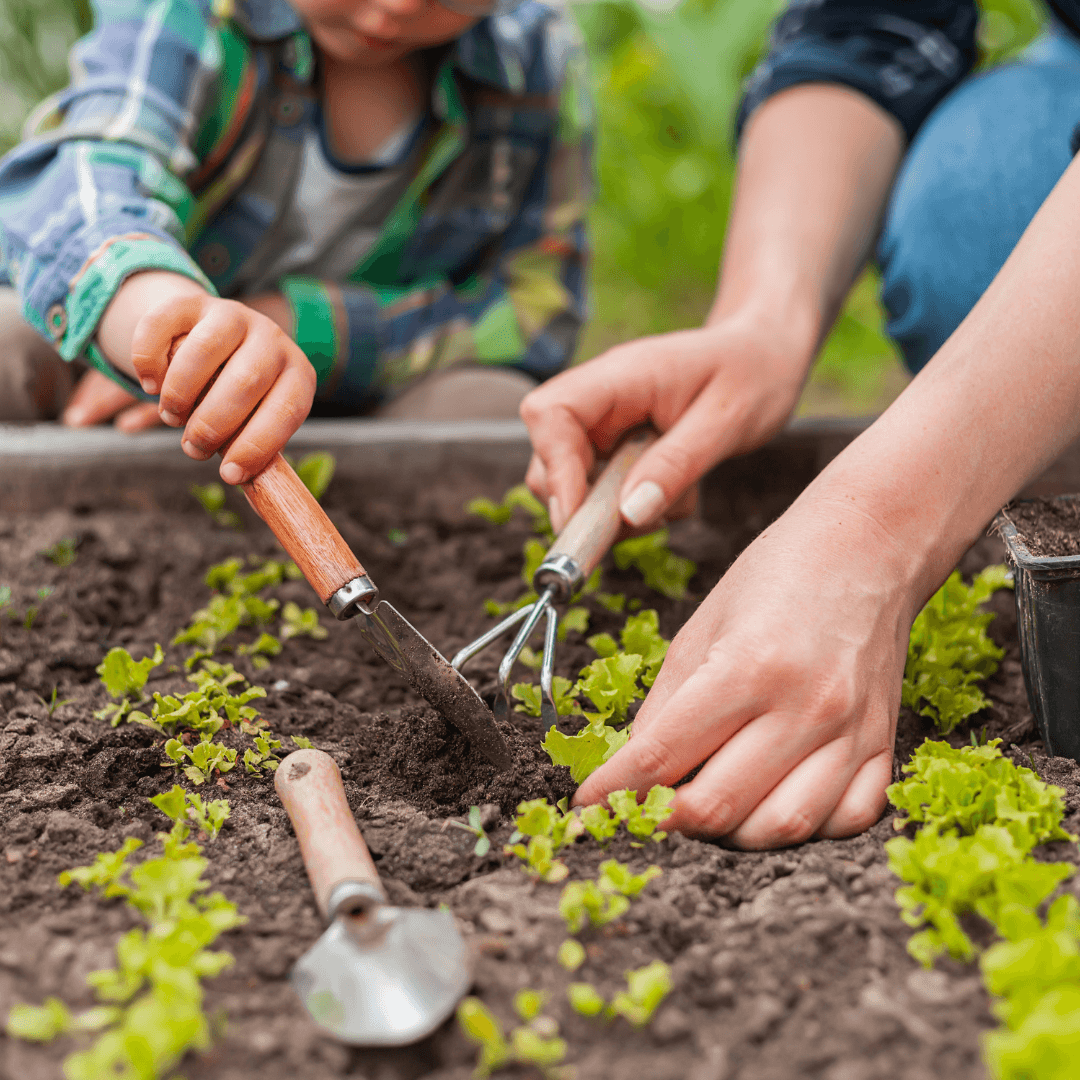
3. Specialization
Specializing in specific areas of interest is a strategic step toward becoming a professional gardener.
Begin by identifying your interests within the broad field of gardening, whether it's floral design, vegetable gardening, or landscape architecture.
This self-awareness will guide your career path and focus your efforts on areas that resonate with your passion.
Delve even deeper by considering niche specializations within your chosen domain. For instance, explore the realms of organic gardening or sustainable landscape design.
Niche specializations set you apart in the competitive gardening industry and align your skills with evolving trends and environmentally conscious practices.
Developing expertise in a particular niche not only caters to a specific market but also positions you as a go-to professional in that specialized field.
This targeted approach enhances your professional profile and opens up diverse opportunities within your gardening niche.
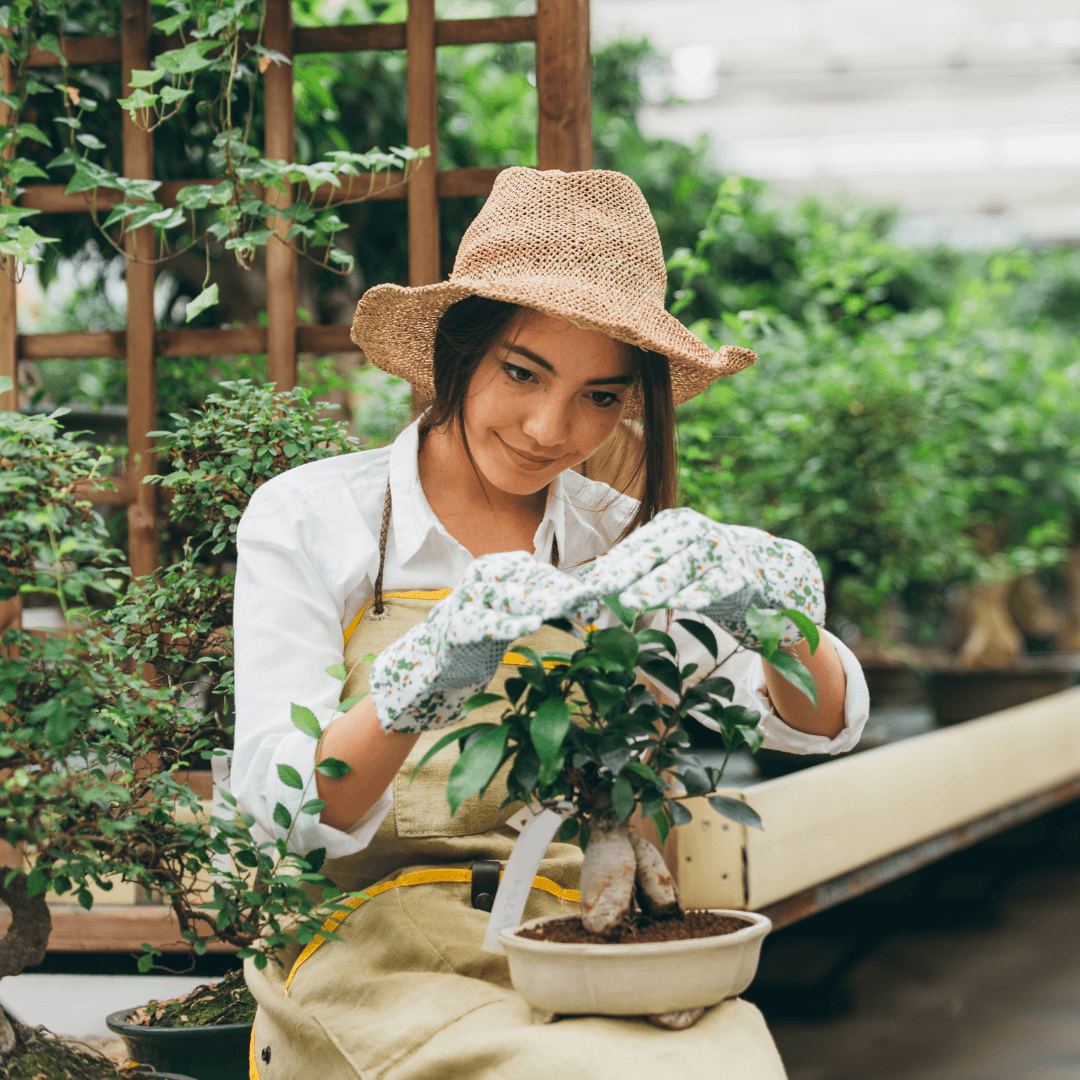
4. Understand Plant Needs
To become a proficient gardener, it's essential to understand plants' needs thoroughly. Start by delving into plant physiology to grasp various plant species' unique requirements and growth patterns.
This includes learning about light requirements, water needs, temperature preferences, and seasonal considerations.
Understanding the physiology of plants enables you to provide optimal care and create suitable environments for their growth and development. Additionally, delve into soil health, as soil composition is critical to plant growth.
Learn about the different types of soil, their properties, and how they influence plant nutrition, root development, and overall vitality.
Understanding soil pH, nutrient levels, and organic matter content allows you to make informed decisions about soil amendments and fertilization practices to optimize plant health.
By gaining knowledge in plant physiology and soil science, you empower yourself to create thriving gardens tailored to the specific needs of your cultivated plants.
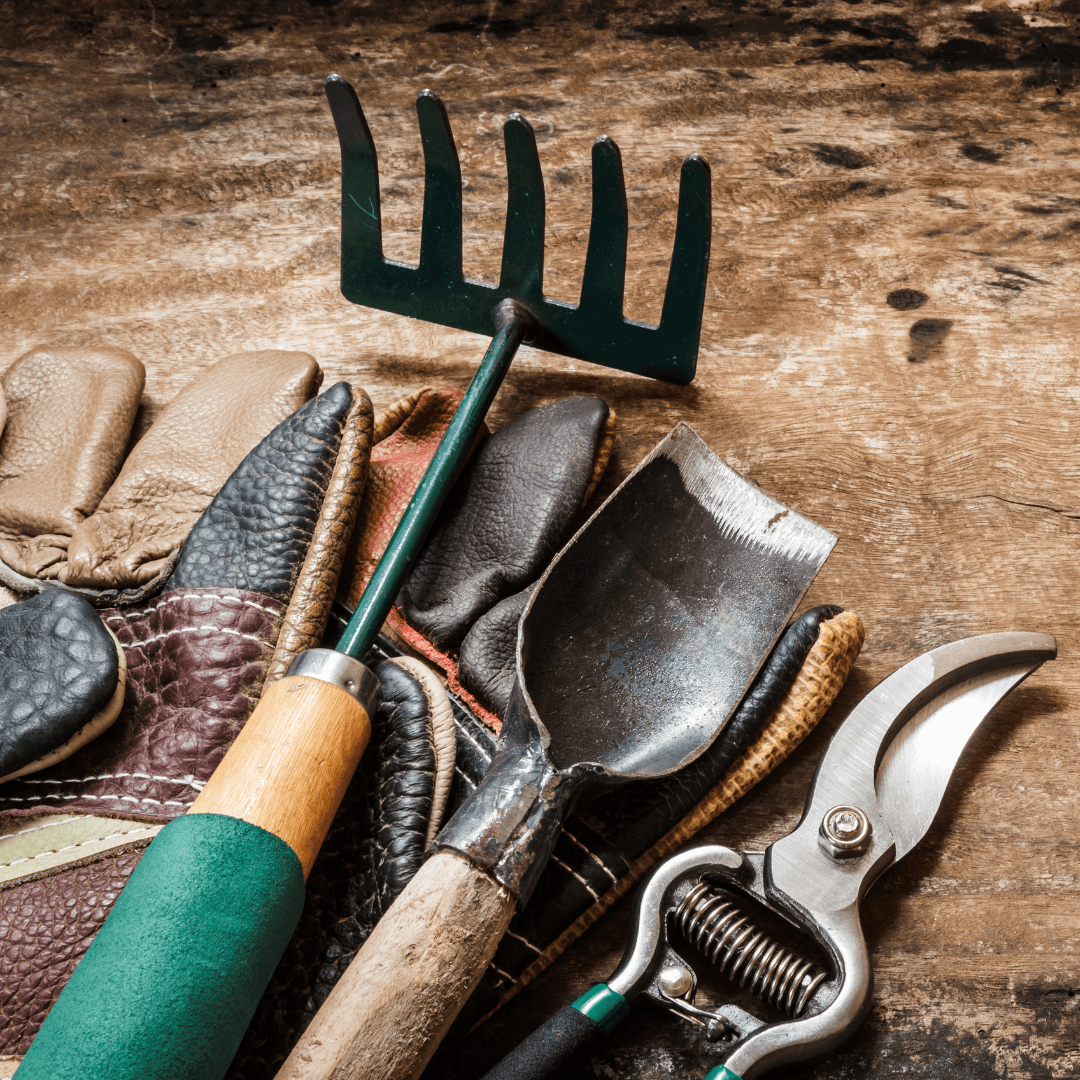
5. Tool Proficiency
Becoming proficient with gardening tools is essential to becoming a pro gardener. It enables efficient execution of various tasks and ensures tools remain in optimal condition.
Familiarize yourself with various gardening tools, from basic hand tools like shovels and pruners to more advanced power equipment.
Understanding each tool's purpose and proper use enables you to execute various gardening tasks efficiently. Additionally, develop maintenance skills to ensure your tools remain in optimal condition.
Regular maintenance, including cleaning and sharpening, enhances the longevity and performance of your tools.
Sharpening blades, cleaning debris, and lubricating moving parts are essential for tool care. This proficiency improves the effectiveness of your work and contributes to a safer and more enjoyable gardening experience.
As a professional gardener, having well-maintained tools reflects your commitment to quality work, minimizes the risk of accidents and ensures the longevity of your valuable equipment.
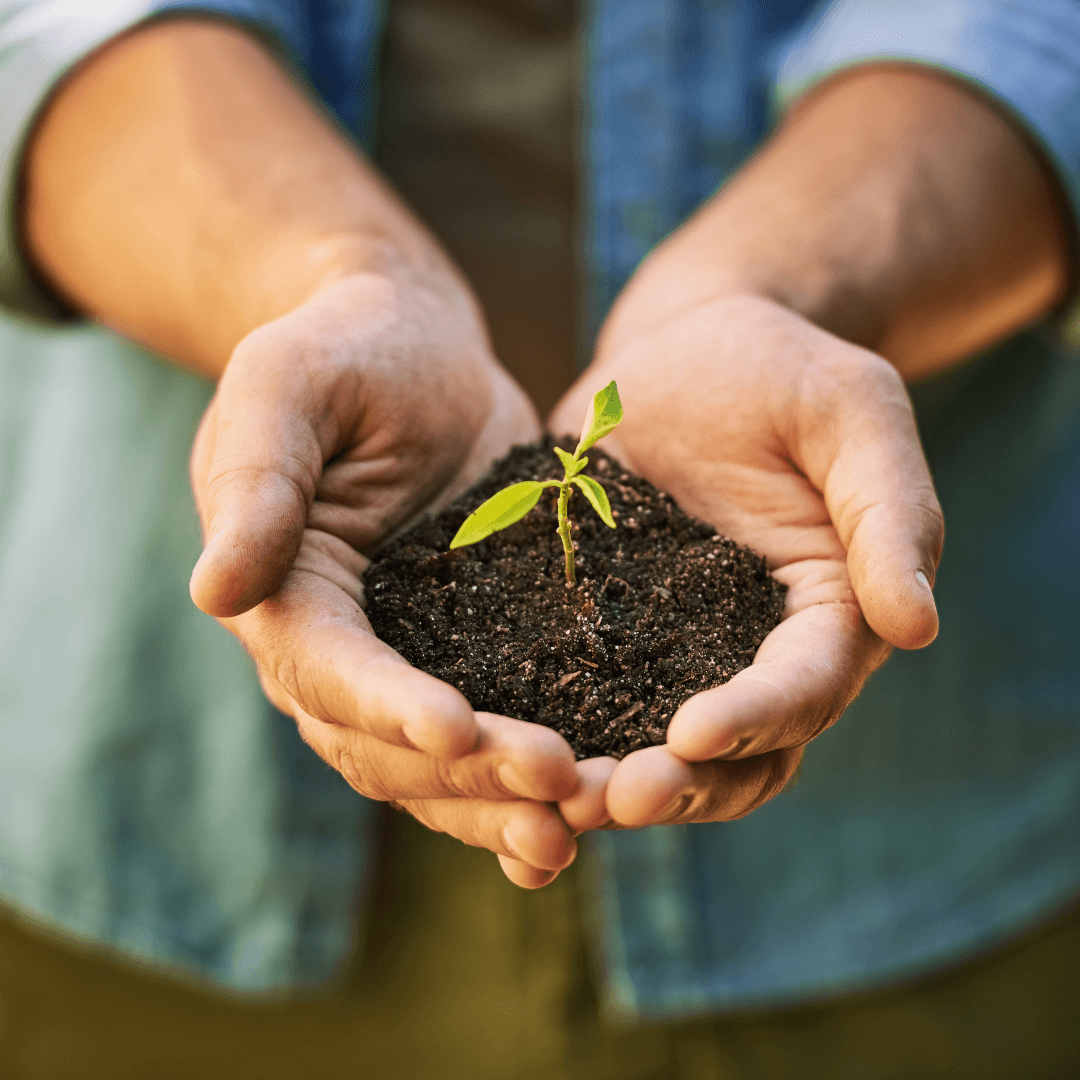
6. Practice Sustainable Gardening
Embracing sustainable gardening practices is a hallmark of a professional gardener committed to environmental stewardship.
Adopting organic gardening methods involves minimizing synthetic chemicals and prioritizing natural pest control and soil enrichment alternatives.
Understanding the principles of organic gardening allows you to cultivate plants in harmony with the environment, promoting biodiversity and soil health.
Additionally, learn the art of composting, a sustainable practice that transforms kitchen and garden waste into nutrient-rich compost.
Composting reduces waste and provides a valuable resource for improving soil fertility. By incorporating these sustainable practices into your gardening routine, you contribute to a healthier ecosystem, conserve resources, and create a more resilient and vibrant garden.
As a professional gardener, integrating sustainable approaches benefits the environment and enhances your garden's overall health and vitality.
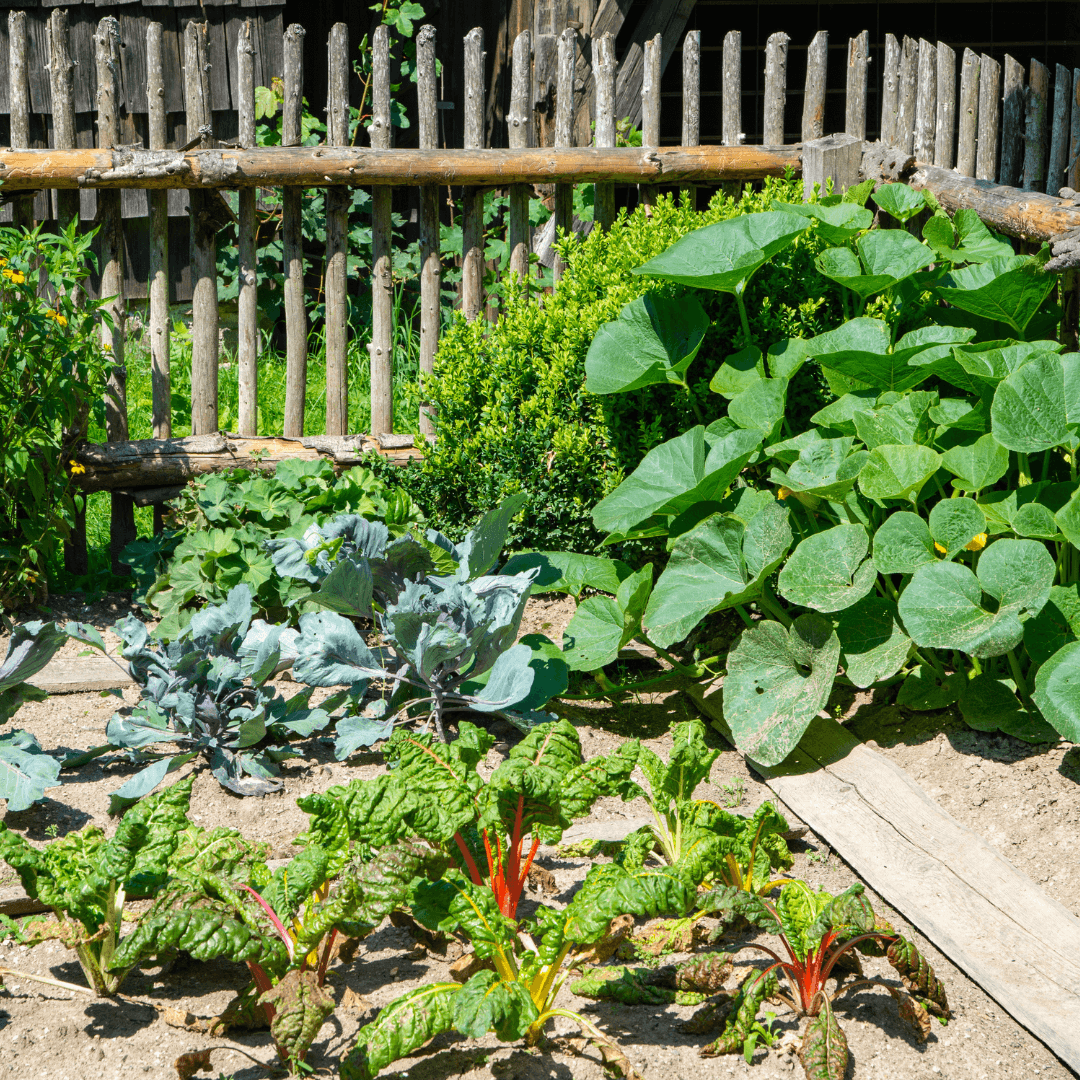
7. Specialize In Areas Of Interest
Specializing in specific areas of interest is a key aspect of becoming a pro gardener. It enables individuals to focus their expertise, delve deeper into chosen fields, and hone specific skills.
Consider your passions and preferences within gardening, whether it's ornamental plants, growing vegetables, or designing landscapes.
By selecting specializations, you can delve deeper into the intricacies of your chosen field, gaining in-depth knowledge and honing your skills.
Additionally, rather than trying to master a wide range of plants, focus on becoming proficient in cultivating a select few.
By mastering the cultivation techniques, care requirements, and unique characteristics of these plants or varieties, you can develop a reputation for expertise and provide exceptional care for your chosen specimens.
Specializing in areas of interest not only allows you to pursue your passions within the field of gardening but also enables you to offer specialized services and advice to clients or communities, ultimately enhancing your credibility and success as a professional gardener.
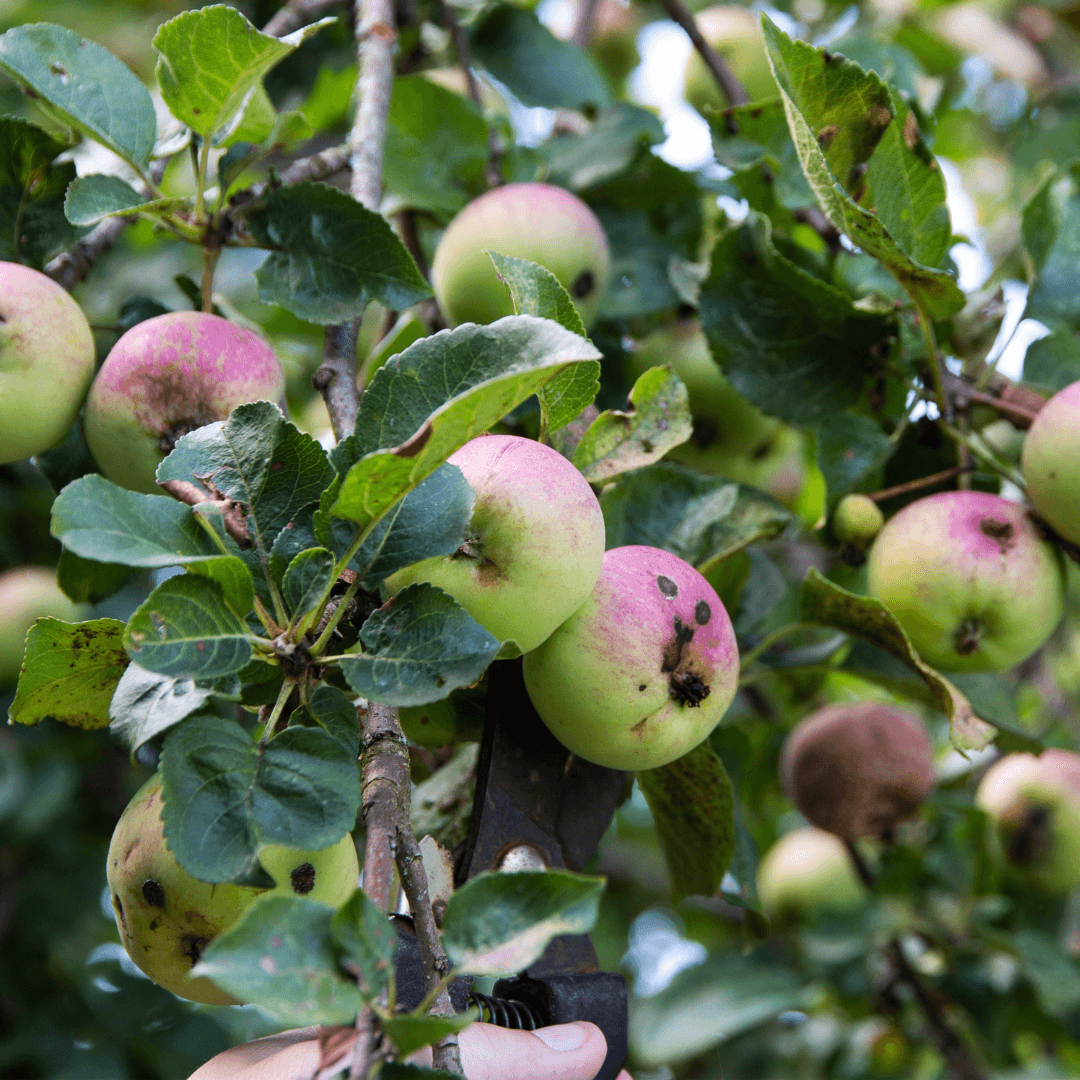
8. Stay Informed On Pests And Diseases
Staying informed on pests and diseases is crucial for maintaining a healthy garden and ensuring its long-term success.
Embracing Integrated Pest Management (IPM) practices is a holistic approach that combines biological, cultural, and mechanical controls to manage pests and diseases effectively.
Educate yourself on the natural enemies of common pests, implement cultural practices that discourage pest development, and use mechanical controls such as barriers or traps.
Early detection is paramount, allowing you to identify and address pest or disease issues before they escalate.
Check your plants often for unusual discoloration, wilting, or pest infestations. These are some instances of disease or infestation.
Vigilance and preventative action are key to reducing the negative effects of pests and diseases on your garden and fostering a robust and healthy ecosystem.
Follow credible sources, gardening magazines, or local agricultural extension services to stay informed about recent pest and disease management advancements.
This will guarantee that your knowledge is current and useful for guarding against plant diseases.
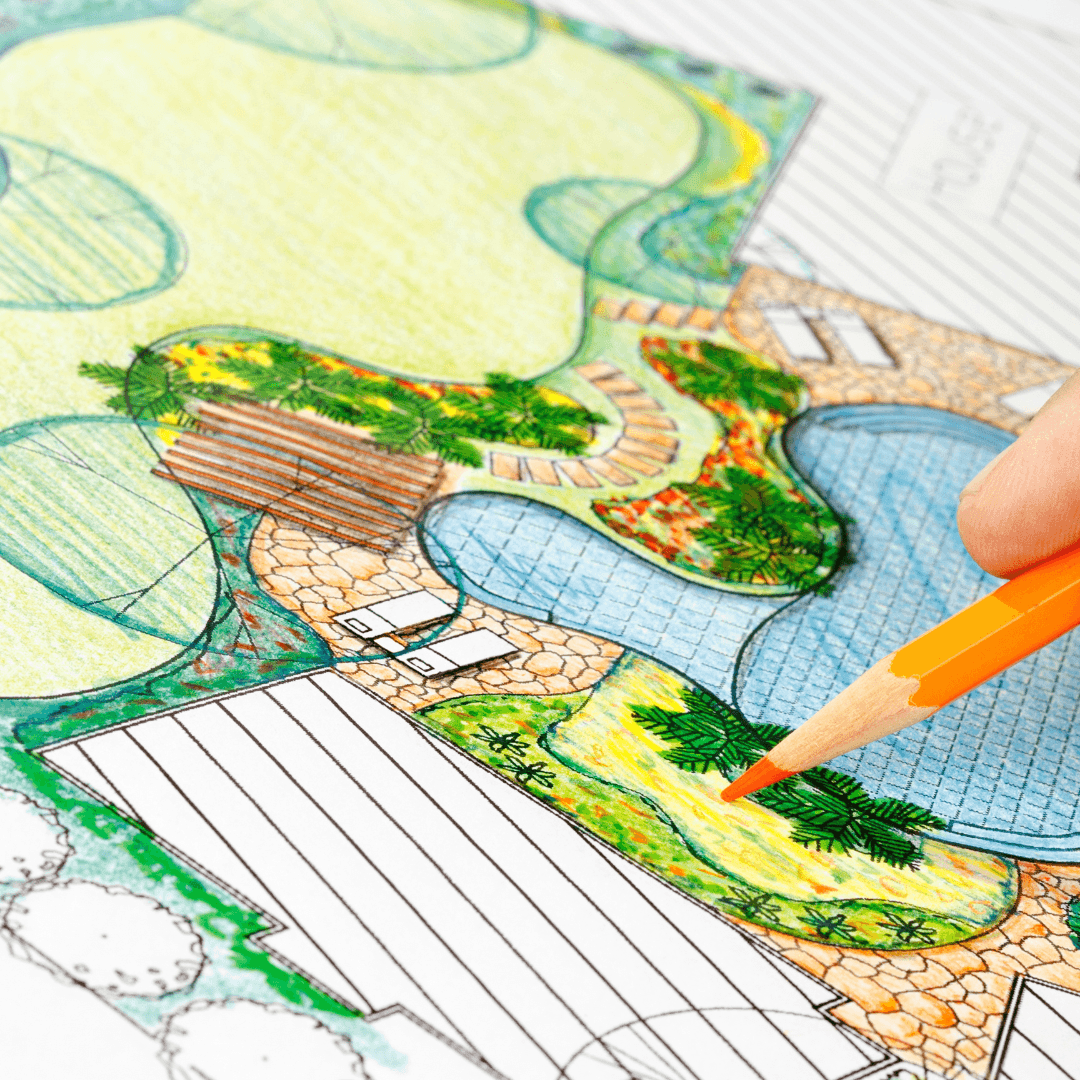
9. Landscaping Design
Understanding landscaping design principles is essential for creating visually appealing and functional outdoor spaces.
Begin by familiarizing yourself with fundamental design concepts such as balance, unity, proportion, and focal points.
Balance ensures visual equilibrium in the landscape, achieved through the distribution of elements such as plants, hardscapes, and open spaces.
Unity refers to the cohesive integration of various elements to create a harmonious whole, while proportion ensures that elements relate harmoniously in size and scale.
Additionally, focal points within the landscape, such as specimen trees, sculptures, or architectural features, should be identified to draw the eye and create visual interest.
Once you grasp these principles, apply them to develop garden plans that reflect your vision and preferences.
Consider factors like colour schemes, plant textures, and seasonal interest when selecting plants and designing garden layouts.
By incorporating these design principles into your landscaping projects, you can create aesthetically pleasing and well-balanced outdoor spaces that enhance the beauty and functionality of any environment.

10. Networking And Community Involvement
Networking and community involvement play a crucial role in discovering how to become a pro gardener, offering opportunities to connect with like-minded individuals, share experiences, and stay updated on industry trends through events and workshops.
Joining gardening groups—whether online communities or local clubs—offers a way to meet other enthusiasts, discuss common interests, and share insightful experiences.
These groups often organize events, workshops, and conferences where you can deepen your knowledge, learn new techniques, and stay updated on industry trends.
Participating in gardening events expands your network and exposes you to diverse perspectives and approaches within the gardening community.
Networking allows you to build relationships with experienced gardeners, landscapers, and professionals in the field, offering opportunities for mentorship and collaboration.
Additionally, engaging with local gardening communities fosters a sense of belonging and shared passion, creating a supportive environment for continuous learning and growth.
As you establish connections and contribute to the gardening community, you enhance your skills, stay inspired, and pave the way for a fulfilling and successful journey as a professional gardener.
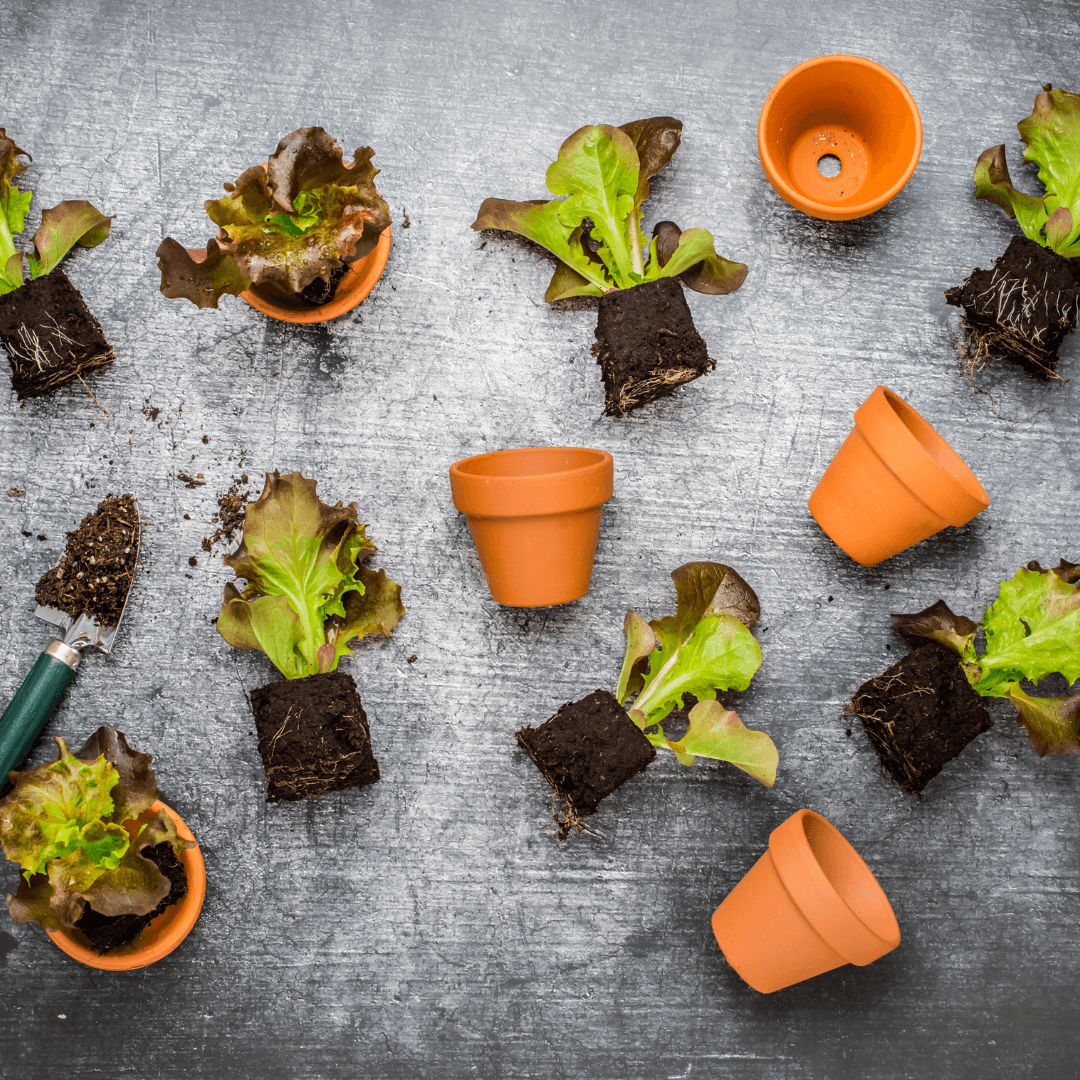
11. Plant Propagation
Plant propagation is a crucial skill for a professional gardener. It allows them to expand their plant collections and enhance their gardening options.
Delve into seed starting, understanding the intricacies of germination, light, and moisture requirements.
This allows you to grow various plants from seeds, providing flexibility and cost-effectiveness in gardening. Additionally, explore multiple propagation techniques, including cuttings and division.
Cutting propagation is taking a section of a plant, like a stem or leaf, and allowing it to grow roots so that a new plant with the same genetic makeup can be produced.
The division separates existing plants into distinct sections, each capable of growing independently.
These techniques enable you to replicate your favorite plants and contribute to garden sustainability by reducing the need for external purchases.
Mastering seed starting and propagation enhances your gardening skills, diversifies your plant collection, and fosters a self-sustaining garden ecosystem.
12. Portfolio Development
Developing a comprehensive portfolio is essential for a pro gardener to showcase expertise and attract potential clients.
Document your gardening projects meticulously, capturing before-and-after photos that highlight the transformative impact of your work.
In your portfolio, emphasize the diversity of your skills, whether it's ornamental gardening, landscape design, or vegetable cultivation.
Including detailed descriptions of your projects provides insight into your process and the specific challenges you've addressed.
Moreover, collecting testimonials from satisfied clients adds a personal touch and builds credibility.
These testimonials endorse your skills, professionalism, and ability to bring clients' visions to life.
A well-organized portfolio not only acts as a visual testament to your capabilities but also becomes a powerful marketing tool, helping you secure future gardening projects and establish a reputable presence in the gardening community.
13. Legal Considerations
Navigating the legal landscape is crucial for any professional gardener to ensure compliance and avoid potential liabilities.
Start by familiarizing yourself with local regulations governing landscaping and gardening services in your area.
These regulations may include zoning laws, water usage restrictions, and landscaping guidelines set by homeowner associations or municipal authorities. Additionally, be diligent in obtaining any necessary permits for your landscaping projects.
Depending on the scope of the work, you may need permits for activities such as tree removal, land grading, or installation of irrigation systems.
Failure to comply with local regulations or obtain required permits can result in fines, project delays, or even legal disputes with clients or authorities.
By proactively addressing legal considerations and adhering to applicable regulations, you can ensure your gardening business's smooth and lawful operation while protecting yourself and your clients from potential legal issues.
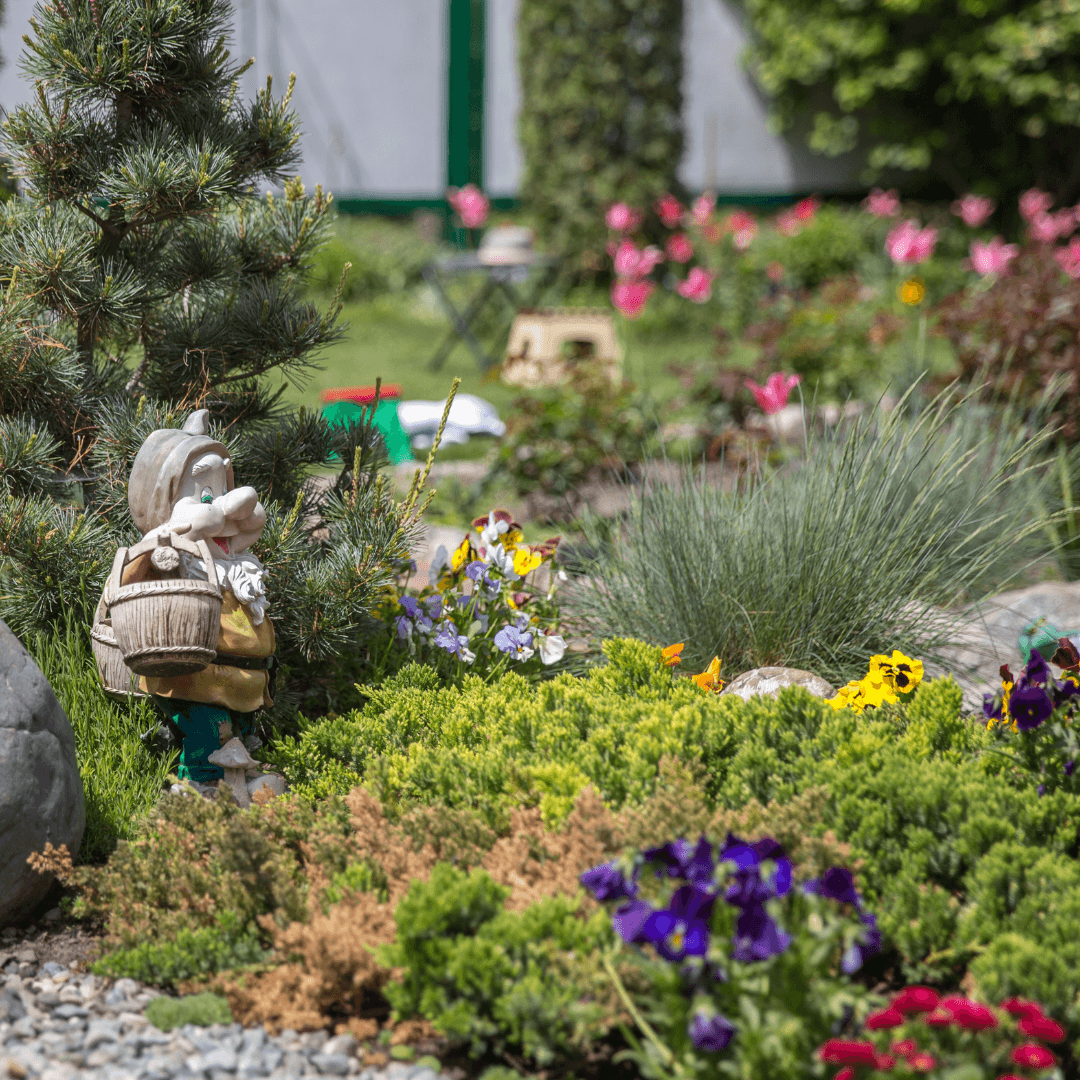
14. Cultivate Creativity
Cultivating creativity emerges as a foundational aspect of pursuing a career as a professional gardener. This transforms gardening into an art form where experimentation with plant combinations and designs fosters a unique and expressive approach.
Consider gardening a practical skill and an art form where plants, colours, and arrangements become your palette.
Accept the opportunity to play around with different plant configurations and styles, letting your imagination run wild.
Treat each garden as a unique canvas, exploring different textures, heights, and colours to create aesthetically pleasing and harmonious landscapes.
Viewing gardening through an artistic lens can infuse your projects with a personal touch, reflecting your creativity and passion.
This approach not only elevates the visual appeal of your work but also sets you apart as a pro gardener with a distinctive and imaginative flair, attracting clients who appreciate the artistry of landscaping.
Conclusion
In conclusion, becoming a pro gardener is a journey of continuous learning, practice, and passion for cultivating living landscapes.
Following the tips and strategies outlined in this article, aspiring gardeners can embark on a fulfilling path toward mastering the craft.
Embracing sustainable practices, staying informed on pest management, and understanding local regulations are essential for responsible gardening that upholds environmental stewardship and legal compliance.
On the journey to becoming a pro gardener, it's essential to recognize that nurturing skills, creativity, and dedication are just as vital as cultivating the soil and plants.
These skills can lead to a fulfilling and rewarding profession for those who persevere with patience and love for nature.
With patience, perseverance, and a deep love for nature, anyone can transform their passion for gardening into a rewarding and fulfilling profession.
I trust you enjoyed this article on How To Become A Pro Gardener. Please stay tuned for more blog posts to come shortly. Take care!
JeannetteZ
>>>Please click here to read my all-inclusive article about Container Gardening<<<
Are you interested in homegrown herbs and medicine? Please click here to find out more about it!
Your Opinion Is Important To Me
Do you have thoughts, ideas, or questions? I would love to hear from you. Please leave me your questions, experiences, and remarks about this article on How To Become A Pro Gardener in the comments section below. You can also reach me by email at Jeannette@Close-To-Nature.org.
Disclosure
This post may contain affiliate links. I earn from qualifying purchases as an Amazon Associate and other affiliate programs. Please read my full affiliate disclosure.
You might also enjoy these blog posts:
Fall In Love With Growing Cineraria
9 Easy Steps Of Growing Chamomile In Pots
Steps Of Growing Calla Lilies In Containers
11 Steps Of Growing Apples In Containers
10 Easy Steps Of Growing Raspberries In Containers

